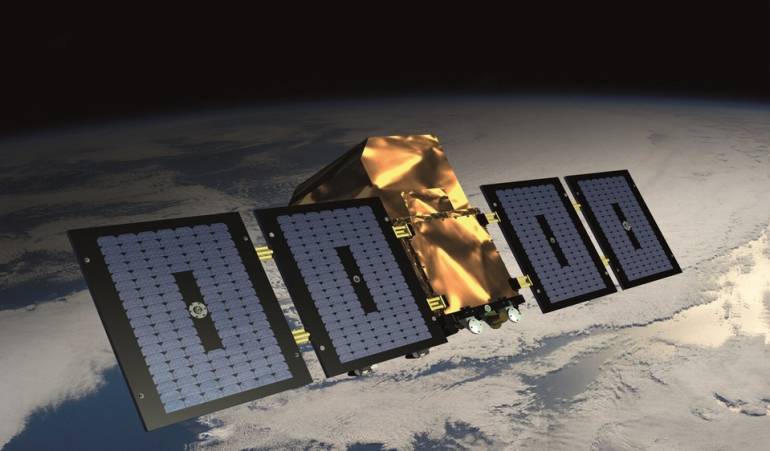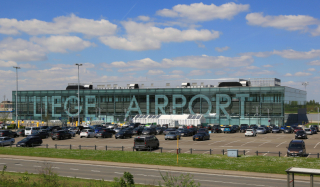
Already involved in the Altius stratosphere observation mission at several levels since 2018, the software engineering company SPACEBEL has ended 2020 in style. The European Space Agency (ESA) has just awarded it a new contract to supply the ground segment for the satellite's payload data. This operational ground infrastructure will be based in Redu and Uccle and will process the data produced by the on-board instrument before their transmission to various users.
A component of the European “Earth Watch” programme, with Belgium as the main contributor accounting for 94% of the budget, Altius (Atmospheric Limb Tracker for the Investigation of the Upcoming Stratosphere) is a micro satellite dedicated to the operational monitoring of stratospheric ozone profiles. This new ESA mission, initiated by the Royal Belgian Institute for Space Aeronomy (IASB), will detect the composition of the atmosphere and changes in the stratospheric ozone layer. In addition to greenhouse gases, the satellite will measure other traces of atmospheric gases such as aerosols that detrimentally affect air quality on Earth.
In view of current environmental challenges, Altius will also provide a response to the imminent shortage of satellites capable of monitoring the presence of our atmosphere's components, for a minimum period of 3 years. From a technological perspective, Altius is characterised by a sightline on the horizon that should establish ozone profiles with the required resolution. As with other members of the Proba family, the development and operation of the future Belgian satellite will go hand in hand with cost optimisation.
It is scheduled to be launched from Kourou in late 2023.
Thierry du Pré-Werson, Managing Director of SPACEBEL is honoured to be contributing further to the success of this major space mission which will provide accurate scientific data and will therefore help policy makers, particularly with regard to the Paris Agreement on Global Warming: “SPACEBEL is already in charge of developing Altius’ on-board software. Today, ESA has appointed SPACEBEL as prime contractor for the definition, system architecture and integration of the ground segment for payload data management. We are carrying out this role as industrial prime contractor alongside our scientific partners, the IASB (Brussels) and the University of Saskatchewan in Canada. The B.USOC Centre and Space Applications Systems NV are also part of the consortium and are contributing to the mission's planning and operations preparation. This new project represents a significant workload for our teams. It is a great recognition of SPACEBEL’s expertise as a leader in the European Space sector. I would like to thank BELSPO (Belgian Science Policy Office) and ESA for their confidence. We know the challenges, it is time to work together for the success of this project."
Jean-Christophe Schyns, the mission's programme manager at BELSPO, points out: “This project, initiated by the IASB and supported by BELSPO, has its space segment developed by the Belgian company QinetiQ, while the instrument is designed and developed by another Belgian company, OIP. Both companies are assisted in their tasks by several subcontractors from our country, but also others from Canada, Romania and the Grand Duchy of Luxembourg, the 3 other countries contributing to the mission. The fact that SPACEBEL is now the industrial prime contractor for the mission's ground segment further confirms our country's desired involvement in this mission which is and will be, from the project's emergence in an IASB laboratory to the data processing on the Uccle plateau while the satellite is on orbit, a success of which Belgium can be proud."







